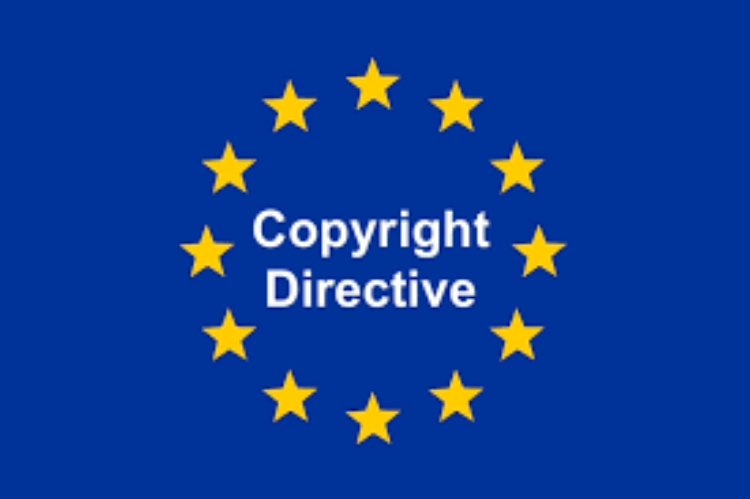New Legal Rights for Screenwriters

Imagine if there was a law that had the title “FAIR REMUNERATION IN EXPLOITATION CONTRACTS OF AUTHORS AND PERFORMERS”. Well, there is, and it applies to you too.
You now have the following rights:
- Information – anybody you’ve transferred your rights to – a producer or broadcaster for example – has to send you a full financial report every twelve months.
- If a film or TV programme you wrote does way better than originally expected, then you can ask for more money.
- These two rights cannot be taken away from you by contract.
- If you have a problem with a producer or broadcaster related to these two new rights you have access to a disputes procedure.
- Additionally, the government must ensure that you are paid a fee which is proportionate to the money the film or TV show makes in the market from all sources including for example merchandising. Proportionate means
- Finally, even after you have transferred your copyright you can get it back if it is not being exploited.
How and when did this happen?
After years of discussion the Copyright Directive was made European law in 2019. It covers a huge range of copyright issues. The bit we are concerned with here is Title IV, Chapter III entitled “FAIR REMUNERATION IN EXPLOITATION CONTRACTS OF AUTHORS AND PERFORMERS”. Sceptical? Read it here if you like.
Like all EU Directives every member state of the European Union has to transpose EU law into national law.
The Copyright Directive was made Irish law by Statutory Instrument No. 567/2021. Part 6 of the Statutory Instrument has the section on the new rights – which is here.
So everything is rosy in the garden, right?
Well … there was no fanfare about the new law; most producers had never heard of it; lawyers for the producers spent quite some time trying to find formulae to ameliorate the impact on producers and some aspects of the new law are quite complex to implement.
For that reason, the Copyright Directive recommends collective agreements as a way to address the complexities.
The penny has dropped that to expect the government to pay most of the cost of film production while simultaneously trying to get around Irish copyright law was not a good look.
As a result and for the first time ever, serious negotiations, supported by Screen Ireland, and involving our guild as well as directors, composers, actors and the producers and the animation sector have started.
What to do in the meantime
Who knows how long such negotiations will take and, in the meantime, contracts are being offered and signed with all kinds of oddball formulations in them.
Your right to get annual information and to ask for more money if the film or television programme that you wrote is doing much better than expected cannot be taken away from you by contract. To quote the Statutory Instrument “contractual provisions” that prevent compliance with these rights “are unenforceable“.
The right to get your project back if there is no exploitation can be taken away by contract. You will almost certainly be asked to waive this right. Provided that there is a good turnaround clause in the contract you are probably OK to agree to waive the similar right that is in the Statutory Instrument.
The most problematic is the right to receive proportionate remuneration. The formula being used by many producers and by broadcasters is to get you to say in the contract that you agree that what you have received is proportionate remuneration. This is obvious nonsense. You cannot know that it is proportionate to the income the film or TV show will earn in the future because you don’t know how much that is.
You should resist agreeing that your fee is proportionate. Your contract does not need to address the issue at all. Ask to delete it.
You can also ask the Guild for advice on individual contracts.
David Kavanagh is the Executive Officer of The Federation of Screenwriters in Europe (FSE) and former Director of the Writers’ Guild of Ireland.